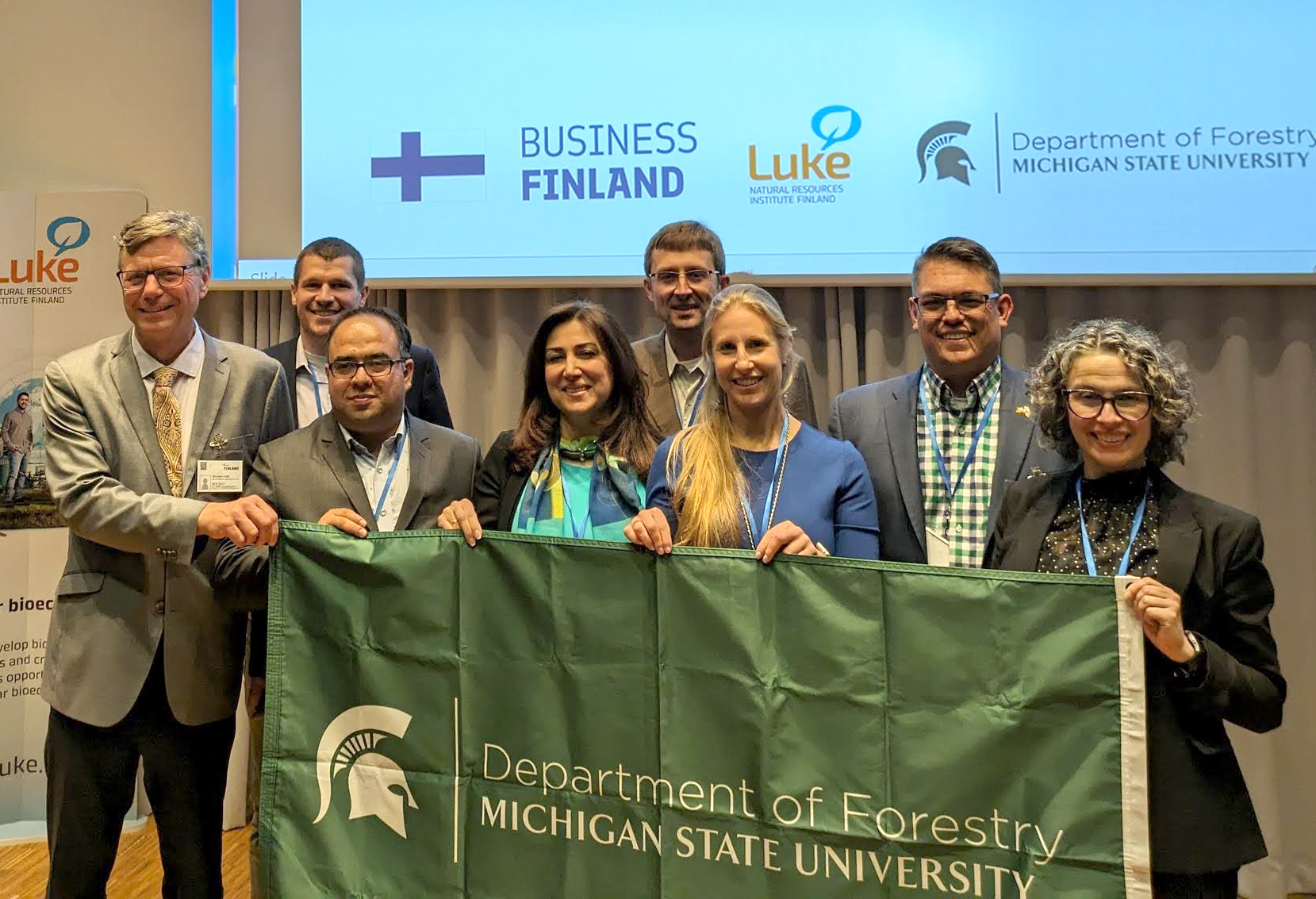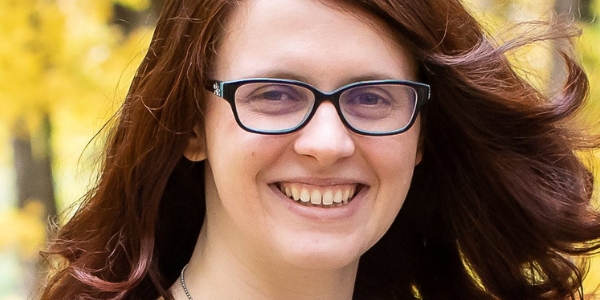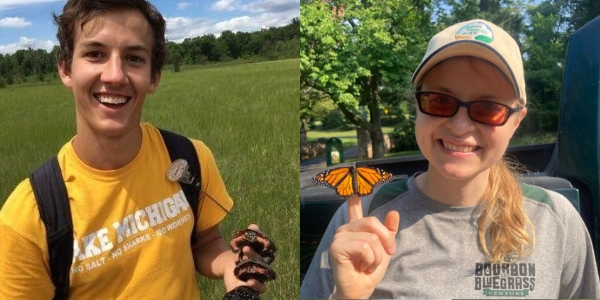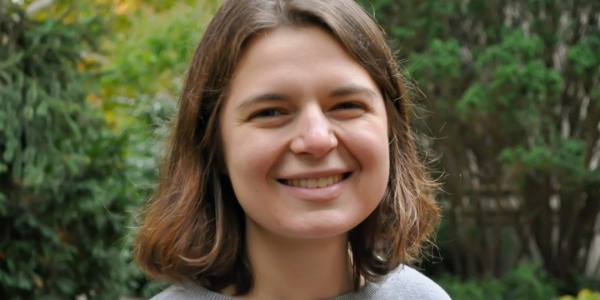Kobe joins MSU Forestry partnership in Finland
Researchers and leaders of government and industry from Finland, Michigan, Maine, Washington and other states convened in Helsinki, Finland May 26 for a unique set of workshops focused on biobased products. EEB core faculty member Richard Kobe was amongst them.

Attendees from across the United States and Europe are aiming to advance climate change solutions by considering the unique ways in which the full cycle of forest products – from resilient forest management to manufacturing to recycling or re-use at the end of a product’s life – can facilitate carbon storage and the displacement of greenhouse gas emissions.
The mass timber workshop, titled “Mass timber: lifecycle and end of life strategies to optimize climate benefits“, led by Sandra Lupien, provided insight into the future of the circular mass timber economy. “It’s a big challenge to try to plan now for the next life – perhaps 50, 100 years away – of the mass timber materials going into buildings today,” said Lupien. The workshop, attended by about two-dozen industry, academic, and policy representatives, surfaced potentially fruitful ideas for future collaborations and gaining significant interest from industry leaders.
“Dynamic conversations among the diverse workshop participants uncovered key questions – about value chain standardization and replicability, carbon value and policy, and the role of data – that we can collaborate to answer in order to help create a more circular mass timber economy,” said Lupien.
One thing MSU Researchers hope to bring to the table in future meetings and workshops, is the conversation on energy and fossil fuels, which was absent from this initial workshop collaboration.
The MSU researchers concur that progress will move more swiftly and potentially take research farther if there is a focus on collaborations with people that work together well with a shared vision and like-minded goals, including industry and universities in the northern US and Canada.
Researchers from MSU feel they are currently in a good position to take a leading role in this important collaboration. Discussions have begun regarding a return to Finland in 2024 with site visits in areas of mass timber, biorefinery, and other targeted manufacturing sites. “International collaborations are key to key to gaining new perspectives,” said Kobe. “Michigan, other northern states, and Finland have a lot in common but also differ in our forestry practices and industry – we all can learn and benefit from greater collaboration in advancing forestry and the forest products sector, especially considering how important biobased products could be in climate solutions.”



